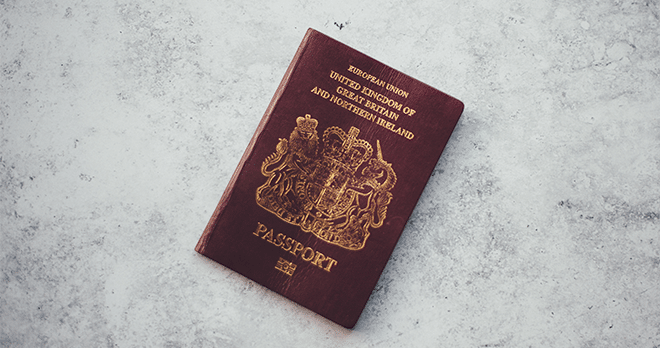EU Settlement Scheme pilot for staff working in the social care sector and higher education

Pilot Scheme
EU citizens must apply for Settled/Pre-Settled Status to continue to live and work in the UK, or alternatively must be sponsored to work in the UK in the future.
To obtain Settled Status, an applicant must have been living in the UK for five continuous years. If they have not been in the UK for that period of time, they will generally obtain Pre Settled Status which allows a EU citizen to continue to accrue time in the UK to obtain Settled Status. They must have started living in the UK by 31st December 2020. The deadline for Settled/Pre Settled Status applications is June 30 2021 but the Home Office is running a pilot scheme ahead of the public launch of the scheme in March 2019 for EU staff in some sectors to assist the provision of crucial services.
The pilot scheme covers employees and workers in health/social care and those working in higher education institutions with a Tier 4 Sponsor Licence. The application process for social care and health workers goes live on 29 November 2018 . The application process for higher education workers commenced on 15 November 2018. The pilot ends on 21 December 2018.
Who is eligible?
Workers will only be able to take part in the pilot if they are working in the above sectors, and are:
- an EU citizen and have a valid biometric passport (this is an e-passport which has a digital chip); or
- a non-EU family member of an EU citizen and have a biometric residence card with ‘EU Right to Reside’ on the back, which you applied for on or after 6 April 2015
Irish citizens enjoy a right of residence in the UK that is not reliant on the UK’s membership of the EU. They will not be required to apply for status under the EU Settlement Scheme, but may do so if they wish.
To apply for status under the EU Settlement Scheme, a worker will need to complete an online application and pay £65, and provide the following information:
- Verify identity – An applicant must have a valid biometric passport or biometric residence card (issued by the Home Office). All applicants must use the EU Exit: ID Document Check app to verify their identity which is currently only available to download on Android devices. Once identity has been confirmed, the applicant can complete the rest of the application either on that device or on any smartphone, laptop or computer.
- Criminality check – All applicants will undergo a criminality check by declaring any criminal convictions. Only serious or persistent criminality will affect the application. This should not affect the vast majority of EU citizens and their family members.
- Verify residence in the UK – Applicants will have to provide proof of residence in the UK, which can be done by providing his/her National Insurance number. The Home Office will then check UK tax and certain benefits data and use those records to help work out how long the applicant have been resident in the UK. Alternatively, if the applicant has a valid permanent residence document or valid indefinite leave to enter or remain, they will just need to provide proof of that status.
- Pay application fee – An application costs £65 for those aged 16 or over, but is free if an applicant has a valid permanent residence document or valid indefinite leave to enter or remain.
Applicants can ask a question using the online submissions form here.
Photo by Annie Spratt on Unsplash